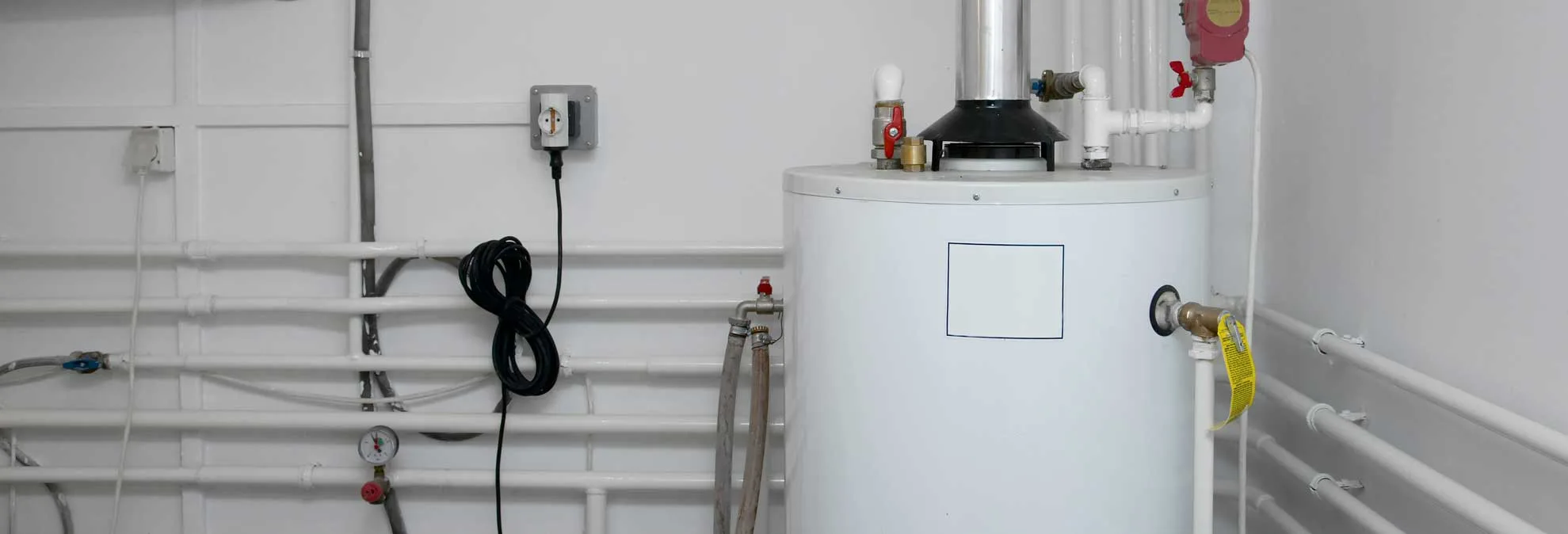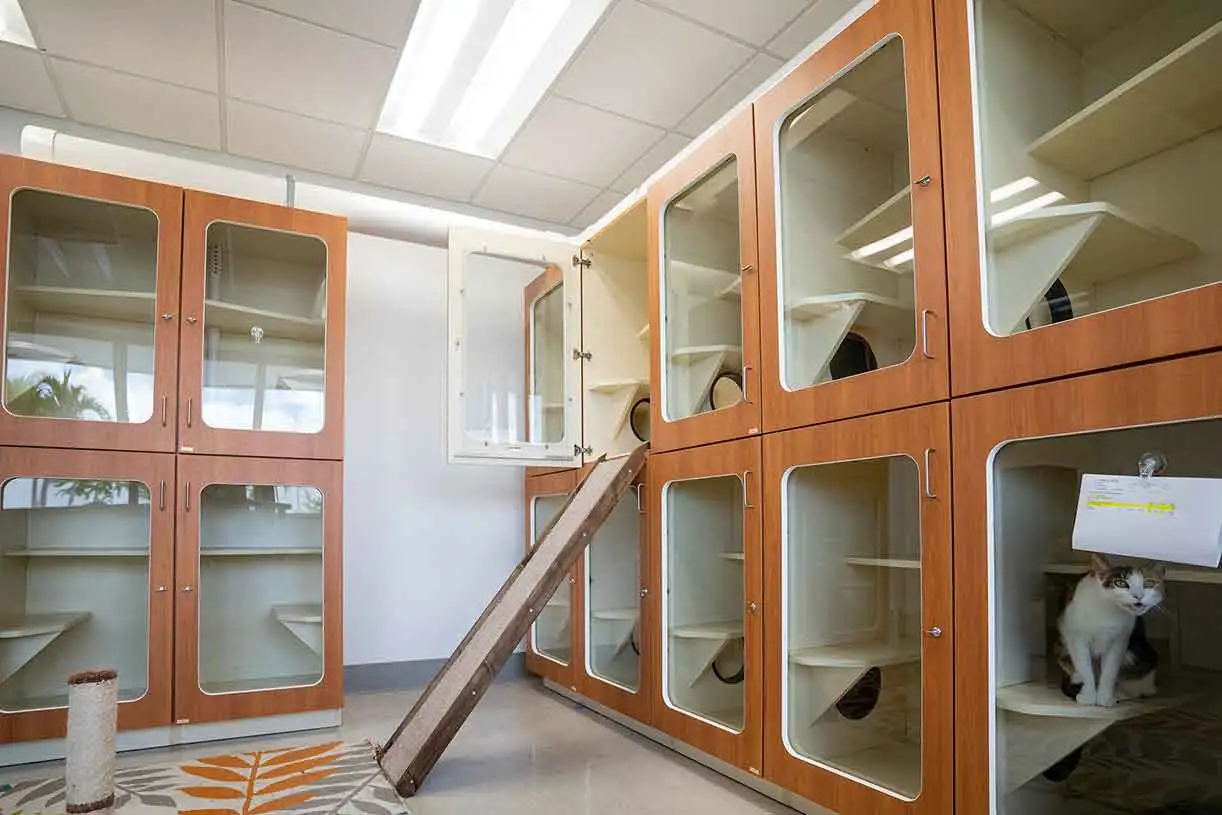Water heaters are essential in modern households, providing comfort and convenience for daily tasks such as bathing, cleaning, and cooking. However, like any appliance, they can develop problems over time. One of the most common and concerning issues is a leaking water heater. If left unchecked, even a small leak can escalate into significant water damage, higher utility bills, and reduced efficiency. Knowing how to identify, address, and prevent leaks is crucial for maintaining a safe and functional home.
Understanding the Need for Water Heater Leaking Repair
When homeowners notice signs of dripping, pooling water, or dampness around their appliance, it often signals the need for water heater leaking repair. A leaking unit is not just an inconvenience—it can point to underlying mechanical or structural issues. These may include pressure buildup, worn-out valves, or corrosion within the tank. Ignoring such leaks can cause more severe damage, shorten the lifespan of the appliance, and even pose safety risks if the leak affects electrical systems nearby.
Common Causes of Water Heater Leaks
Leaks can originate from various components of the system. Some of the most frequent causes include:
- Loose drain valves – Valves that are not tightly sealed may allow water to escape.
- Faulty pressure relief valves – These safety devices release water if the tank’s pressure becomes too high, but a malfunction can result in continuous leaks.
- Corrosion inside the tank – Over time, sediment buildup and rust weaken the tank, creating holes or cracks.
- Damaged gaskets or seals – Worn-out gaskets around heating elements can be a source of dripping.
- Excessive pressure – Poor water pressure regulation can cause stress within the tank and force water out of weak points.
Identifying the exact cause is the first step in determining whether a repair or replacement is necessary.
Warning Signs That Indicate Trouble
Recognizing early signs of water heater trouble can prevent a minor leak from turning into a major issue. Some clear indicators include:
- Water puddles or dampness near the base of the heater.
- A hissing or dripping sound coming from the unit.
- Reduced water heating efficiency or inconsistent water temperature.
- Visible rust or corrosion on the tank’s surface.
- A sudden spike in utility bills without increased usage.
Being alert to these warning signals allows homeowners to act quickly before the problem worsens.
Repair or Replace: Making the Right Choice
Not every leak requires a full replacement of the water heater. In many cases, targeted repairs can resolve the problem. For instance:
- Tightening or replacing a loose drain valve may stop minor leaks.
- Replacing a faulty pressure relief valve often restores proper functioning.
- Changing worn gaskets or seals can eliminate dripping around heating elements.
However, if the leak stems from extensive corrosion or structural tank damage, replacement is often the more cost-effective and safer solution. A professional assessment helps determine which path is best.
Safety Precautions During a Leak
Water heater leaks can be more than just inconvenient—they can be hazardous. Homeowners should take immediate steps to minimize risks:
- Turn off the power supply – For electric units, switch off the circuit breaker. For gas heaters, shut off the gas supply.
- Shut off the water supply – Closing the valve stops additional water from entering the tank.
- Drain the tank – Safely emptying water reduces pressure and prevents further leakage.
- Avoid electrical contact – Standing water near electrical outlets or wiring poses a serious shock hazard.
These precautions should be taken while awaiting a professional inspection or repair.
Preventing Future Leaks with Proper Maintenance
While leaks can sometimes occur unexpectedly, preventive maintenance greatly reduces the likelihood of problems. Homeowners can adopt several practices, including:
- Flushing the tank regularly to remove sediment buildup.
- Inspecting valves and seals periodically for signs of wear.
- Checking water pressure levels to prevent excessive strain on the system.
- Scheduling annual professional inspections to catch early issues.
With consistent care, a water heater can operate efficiently for many years, minimizing costly repairs.
The Role of Water Quality in Heater Lifespan
The quality of water in a household plays a significant role in the durability of the appliance. Hard water, which contains high levels of minerals, accelerates sediment buildup and corrosion. Installing a water softener can help extend the life of the water heater and reduce the risk of leaks. Paying attention to water quality is often an overlooked but critical aspect of long-term maintenance.
Environmental and Cost Implications of Leaks
Even minor leaks waste water over time, contributing to higher bills and unnecessary environmental impact. A dripping tank may release several gallons a day, adding up to thousands of gallons annually. Repairing leaks promptly not only protects the home but also conserves resources and reduces monthly expenses.
Peace of Mind Through Proactive Care
For many homeowners, the greatest benefit of proactive water heater maintenance and repair is peace of mind. Knowing the system is safe, efficient, and less likely to fail unexpectedly provides confidence and comfort in everyday routines.
Conclusion
A leaking water heater should never be ignored, as it can lead to costly repairs, safety hazards, and reduced efficiency. Understanding the causes, recognizing early warning signs, and taking immediate action are key steps in protecting both the home and the appliance. Whether through targeted water heater leaking repair or, in some cases, replacement, timely solutions ensure long-term reliability. Coupled with preventive maintenance and attention to water quality, these efforts help homeowners avoid future problems and enjoy uninterrupted hot water when it’s needed most.





